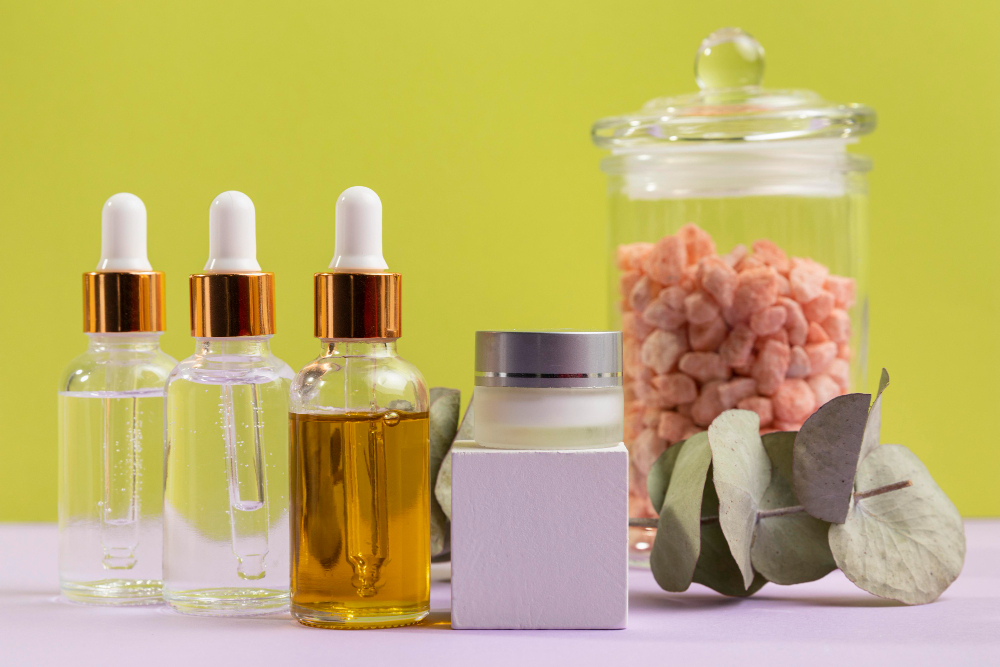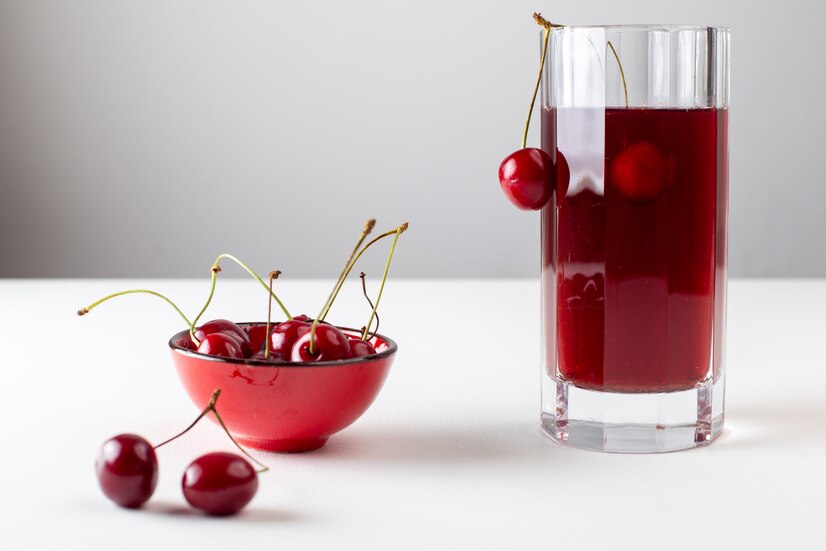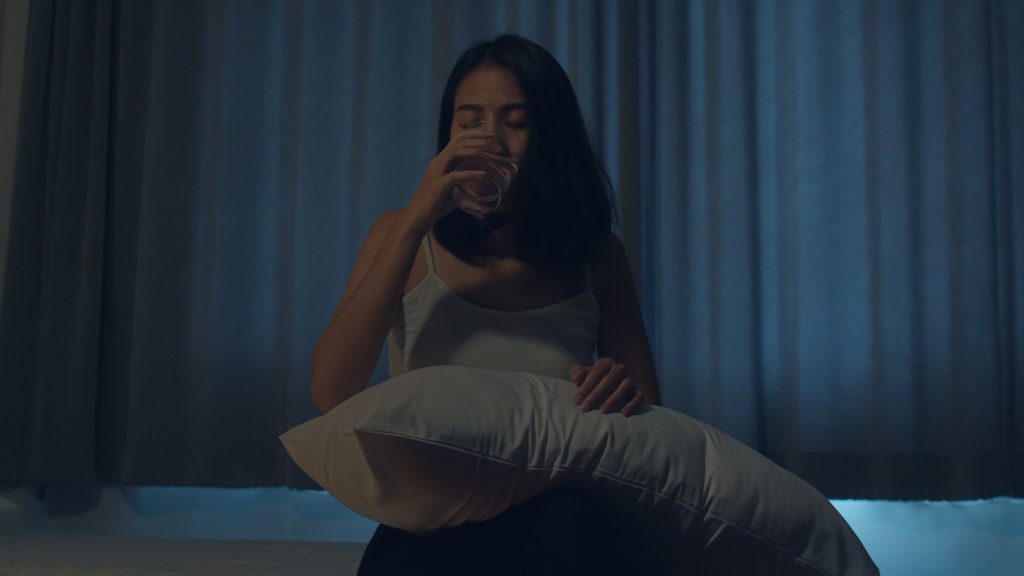The importance of sleep for daily functioning is well known. Sleep improves memory and information retention, fortifies the immune system, strengthens the heart, heals muscle, and even improves mental health. Even though getting enough sleep is crucial for maintaining our general health, one-third of adults experience symptoms of insomnia. And if you’re one of them, it could occasionally seem impossible to obtain that crucial rest. Even tried-and-true tips like reading in a room other than your bedroom and avoiding bright lights don’t always work. Lack of sleep may quickly transform you into an irritable, confused, and unhealthy version of yourself.
Melatonin pills are frequently suggested as the first natural solution for sleep disturbance while searching online. Here are seven natural sleep aids and practices to attempt to help ease your insomnia if you’re sceptical about sleep supplements, have experienced the adverse effects, or would just rather not take any drugs that can make you foggy in the morning.
Make use of CBD lotions, gummies, or oils.

Cannabis plants are the source of CBD, commonly referred to as cannabidiol. With practically little THC (the psychoactive ingredient in marijuana), CBD is a safe and efficient treatment for sleeplessness. Numerous studies indicate that CBD is highly successful in enhancing sleep and reducing anxiety. It is available in a variety of forms, including oils and lotions. Apply right before bed to encourage relaxation and drowsiness.
Make a steaming cup of herbal tea.
Making tea has long been a tradition. Natural treatments for anxiety, tension, and insomnia include camomile, valerian root, and magnolia tea. At least one to two hours before going to bed, make yourself a cup of one of these herbal teas. This will provide you time to unwind, savour the tea, and use the restroom before nightfall. Make sure there isn’t any caffeine added to the components by carefully reading the nutrition label.
Place a tiny droplet of lavender essential oil onto your pillow.
Essential oils are one of the more widely used home treatments. If you don’t like drinking tea before bed, aromas like flowers and herbs can help you go asleep. Lavender, camomile, and bergamot are a few common essential oils for sleep. While you can use a small amount on your pillow at night, essential oils should never be consumed. Moreover, you can use dried lavender to brew a tea or disperse essential oils into the atmosphere.
Consume cherry juice tart.

When ingested prior to bedtime, melatonin production can be elevated by consuming sour cherry juice. The cherry juice group in the same trial slept better overall and stayed in bed longer. This implies that sour cherry juice may help treat insomnia.
Consider extract oil or dried passionflower.
Passionflower is a fast-growing vine that has vivid blossoms, not to be confused with passionfruit. The plant is not only gorgeous, but it can also induce sleep through extract oil or herbal tea. According to a new study, passionflower may be used to cure insomnia. For individuals who are expecting, it is not advised, nevertheless.
Verify that you’re getting adequate magnesium.
One of the body’s most potent nutrients, magnesium, controls hundreds of bodily functions, including sleep. Natural sources of magnesium include whole grains, nuts & seeds, spinach, soy milk, and yoghurt. An hour or two before going to bed, consider having a small snack on foods strong in magnesium. Try taking a supplement if you think your diet is lacking in magnesium and you think it could improve your sleep.
Before going to bed, do some yoga and meditation.
Though it’s not usually a good idea to work out hard just before bed, doing some gentle yoga or meditation can help you sleep better and reduce insomnia. Practice basic yoga positions including the bridge, forward fold, and cat-cow while paying attention to your breath and the sensation of the stretch. Additionally, there are a tonne of self-guided meditation apps on the market.
This article’s content is not meant to be used as medical or health advice; rather, it is simply meant to be informative and educational. Any queries you may have about a medical issue or your goals for your health should always be directed towards a doctor or other trained health expert.


